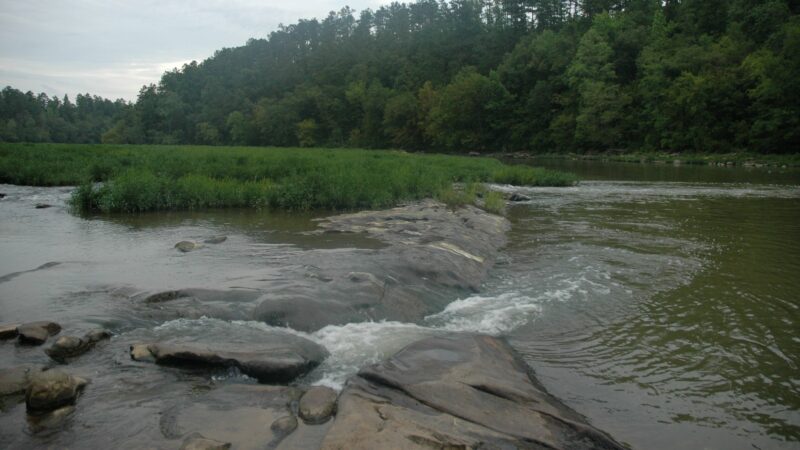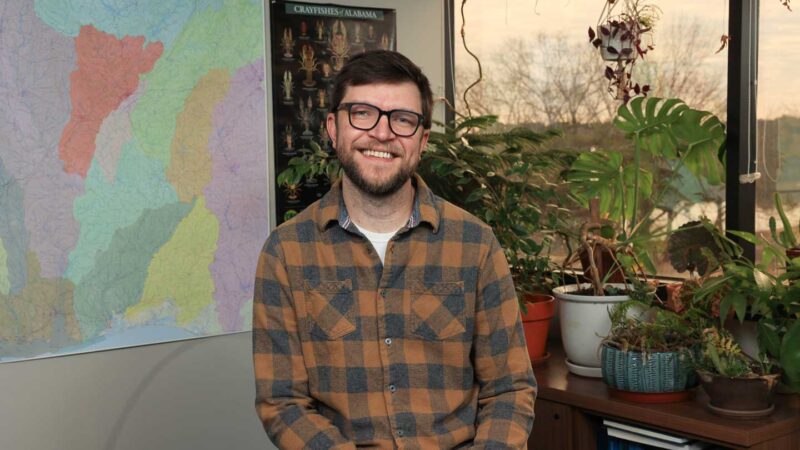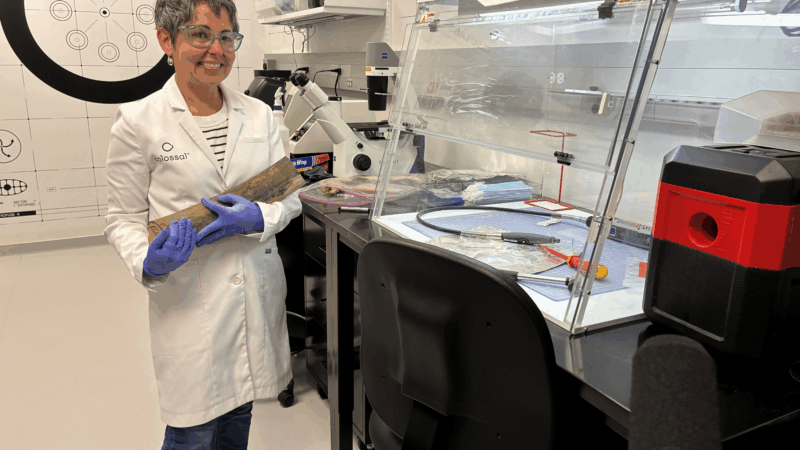Alabama Supreme Court backs move to protect land around water source
The Alabama Supreme Court has sided with environmentalists who say the Birmingham Water Works Board (BWWB) is not abiding by a court order to protect land around Lake Purdy and parts of the Cahaba River, which are the largest source of drinking water in the Birmingham area.
The Supreme Court overturned an earlier court ruling that sided with the board and sent the case back to the circuit court.
The Cahaba River Society and the Cahaba Riverkeeper, represented by the Southern Environmental Law Center, said in their suit that the BWWB has long ignored a 2001 order by the Alabama attorney general to place permanent conservation easements on the approximately 6,000 acres of watershed property the board owns. These easements would prevent future development on a watershed that is a significant contributor to the city’s drinking water.
Though the BWWB publicly vowed compliance to that order for years, it didn’t instate any official protections until 2017. Plaintiffs have argued that those protections aren’t legally valid because they’re held by the BWWB and not a third-party trustee.
Water Board Easement Ruling
State law dictates that property owners — except for charitable and governmental entities — can’t hold their own easements because their rights of ownership extinguish all other obligations. The Supreme Court agreed.
Under its current protections, the BWWB can change the terms at any time for any reason, as long as the state attorney general signs off on it. The protections also would elapse in 2051.
“The board decided they did not need oversight and could supervise themselves,” said Myra Crawford of the Cahaba Riverkeeper when the appeal was filed. “They have not agreed to permanent protection of our primary source of drinking water, as they are allowing any purported protection to sunset in 30 years.”
The BWWB had argued that it is legally a governmental entity, which would give it the right to hold easements over properties it owns.
The lawsuit cites several examples of the BWWB’s ownership rights extinguishing its protections over watershed properties, including the 2016 sale of one supposedly protected parcel of land to gas station developers, as well as its clearing of another parcel in 2020 to make way for roads and fencing. Plaintiffs say the development of these properties, which serve as a buffer for potentially toxic stormwater runoff, could affect drinking water quality for thousands of Birmingham ratepayers.
“The Alabama Supreme Court’s decision is a win for Birmingham’s drinking water and the hundreds of thousands of people who rely on the Cahaba River watershed,” David Butler, Cahaba Riverkeeper and staff attorney, said in a Facebook post after the Supreme Court ruling. “The Board has a responsibility to protect this land in the public interest, and to ensure that Birmingham communities have access to clean, safe drinking water.”
Editor’s Note: Southern Environmental Law Center, Cahaba River Society, and the Cahaba Riverkeepers have been program sponsors of WBHM, but our news and business departments operate independently.
A split Senate votes against measure to constrain Trump’s authorities in Iran
Democrats in the Senate were facing an uphill climb Wednesday in their push to restrain President Trump's ability to wage war against Iran.
WATCH: How traffic dried up in the Strait of Hormuz since the Iran war began
The effective closure of the Strait of Hormuz is "about as wrong as things could go" for global oil markets. Iran achieved it not with a naval blockade, but with cheap drones.
As Mississippi waits to spend opioid settlement funds, children and families suffer
Mississippi will receive more than $400M to fight the opioid epidemic. So far, officials haven't directed it toward programs that support addiction recovery.
Alabama’s new state climatologist takes the reins
The controversial John Christy is retiring as Alabama’s state climatologist. Lee Ellenburg now assumes the role and is already making a few changes, including declaring that climate change is real and caused by humans.
Colossal Biosciences breeds controversy while trying to revive mammoths
A Texas biotech company is trying to bring mammoths and other extinct creatures back to life. The science is as intriguing as the ethical questions are thorny.
Mundane, magic, maybe both — a new book explores ‘The Writer’s Room’
Why are we captivated by the spaces where where authors write? Katie da Cunha Lewin set out to explore "The Hidden Worlds That Shape the Books We Love."






